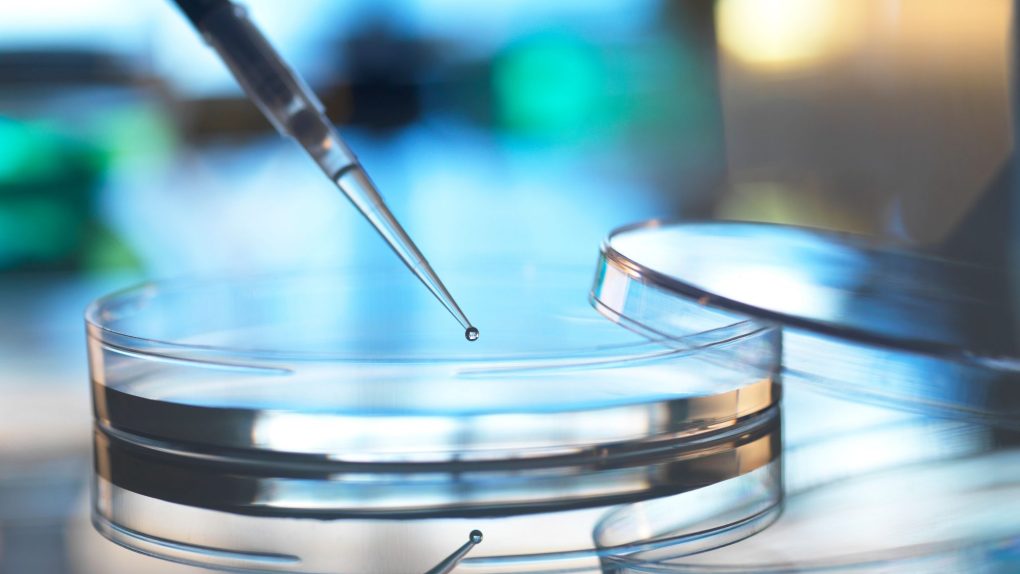Like every other living creature on the planet, our bodies are slaves to the endless march of time. There’s nothing we can to do stop it — at least not yet — and eventually we’ll fall apart just like everything that has come before us. But what if we didn’t? What if scientists could slow down, or even prevent the cellular deterioration that leads us to age?
A new experiment aboard the International Space Station could be the first tiny step towards such a discovery. The ESA will be testing the potential for man-made nanoparticles to be used in the fight against free radicals, which are known to be one of the biggest culprits in damaging cells and DNA over the course of a person’s life.
Aging is something we all deal with but it’s still not particularly well understood from a scientific perspective. Over time our bodies degrade, and some of the damage to our cells and DNA is linked to late-life diseases that affect the heart and nervous system. It’s believed that the build up of cellular damage over time is a major key to aging, and if it could be prevented we all might have a much better chance of living longer.
Free radicals are rogue molecules with unpaired electrons that can damage other molecules by stealing electrons. This is known as oxidative stress, and if your body chemistry isn’t balanced with antioxidants, it can cause serious problems. Managing the spread of free radicals could promote overall health and long life, and the ESA will test the ability of nanoparticles to absorb these atoms, reducing the damage they can cause over time.
For the ESA and would-be space travelers from all nations, the most pressing concern is ensuring health during long-haul space flights. The primary goal of the experiment is to determine if such particles could help keep astronauts healthier during long trips into space, such as to Mars or beyond.
The results of the experiment, which is being conducted in a large “incubator” filled with samples that will be frozen for a trip back to Earth at a later date, could inform future plans for space missions, and perhaps even give us a clue as to how to curb aging here at home.








